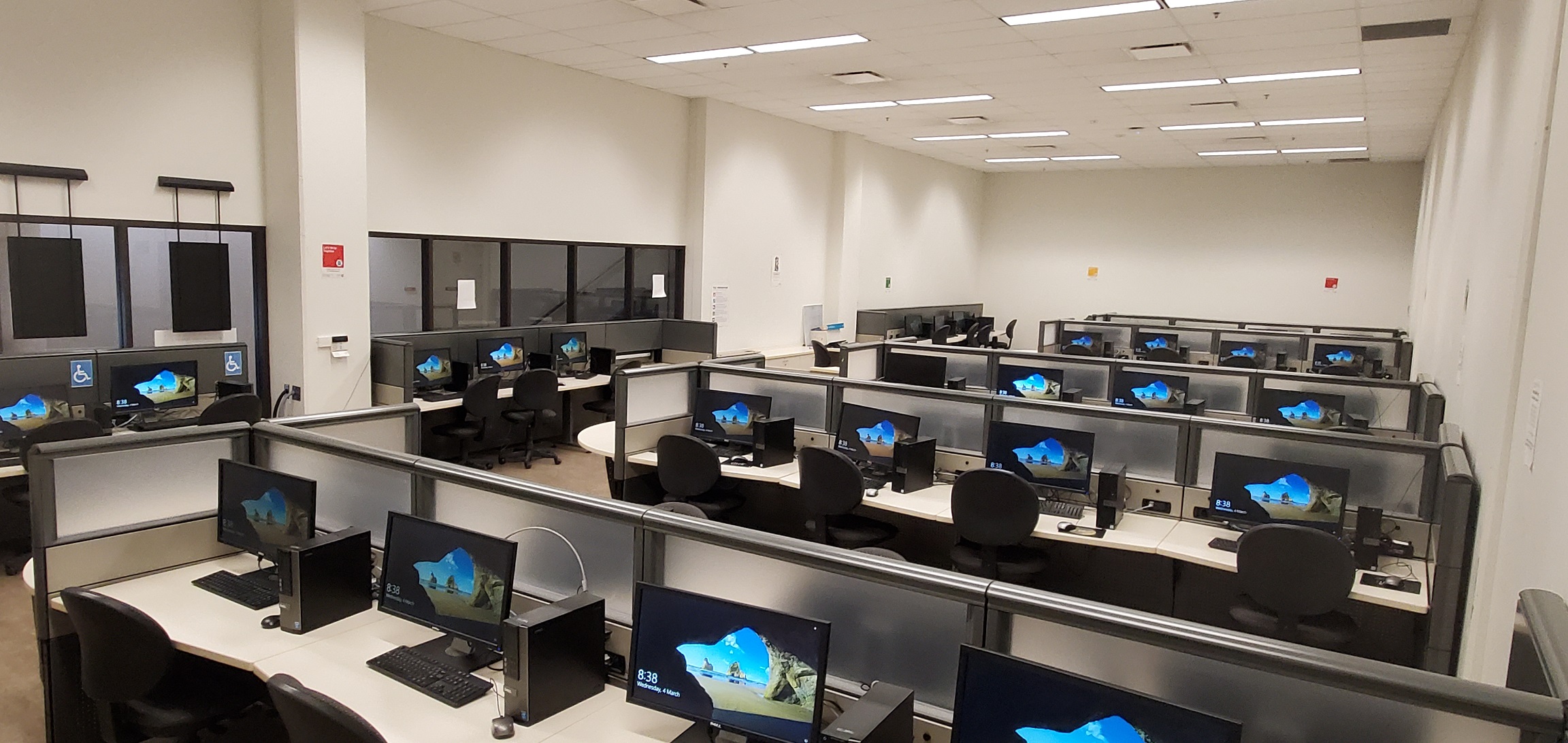As the winter term begins completely online, members of York’s administration are reflecting on the previous term’s online learning and setting new goals. Several new changes are in effect, including a Remote Teaching Support Fund (RTSF) tailored to address the new obstacles of the learning environment. The university reports successes and challenges, notably including the switch to the eClass platform and the demands virtual school has placed on it.
University Registrar Darran Fernandez says student response to the first term has differed on a case-by-case basis: “The experience has been relative to a student’s personal situation — living abroad, in another part of Canada, or in the Greater Toronto Area (GTA), along with other factors of personal spaces at home and access to reliable internet.
“We have seen more students either return to studies or continue their studies as a result of access to studying online or remotely, which has increased access to students who may no longer be in close proximity to our campuses,” Fernandez adds.
York’s introduction of the RTSF for the 2020-2021 school year — although introduced late last semester, improvements are targeted at the current term — hopes to address the need to expand the online resources available to students.
“As we began to look ahead at upcoming terms,” stated Provost and Vice-President Academic Lisa Phillips, “We wanted to make sure that they were able to apply for funds to help instructors and students respond to any pressures they faced and have what they needed to be successful.”
So far, the RTSF is said to have assisted with several expansions, including upgrading the School of Arts, Media, Performance & Design (AMPD) faculty’s virtual course availability from 80 to 800 courses this semester. It has also allowed faculties to fund how-to video production for the various new online tools students will be using, such as virtual labs.
“We had a team of technicians working overtime until 10 p.m. at night on standby to respond to any glitches that may have occurred. So, in the end, we can say that eClass performed solidly.”
In the coming term, the libraries plan to use this funding to create new, interactive eLearning modules for political science and policy students.
Meanwhile, across all faculties, the eClass platform has been a point of controversy in the online learning experience. A little over a week into its launch, the platform was stalled by outages and briefly taken down.
Over the last term, eClass has experienced various obstacles, including a distributed denial of service (DDoS) cyberattack in December that raised the social media ire of students taking exams.
“Unfortunately, no organization is immune to such incidents, particularly during the global pandemic, where systems are strained to their limit,” says Chief Information Officer Donald Ipperciel. “York did relatively well and responded quickly, and University Information Technology (UIT) worked diligently, on a 24/7 basis, to resolve any issue and make sure students have the best possible experience.”
During exam season, Ipperciel adds, technicians have learned to increase their monitoring of the system.
“We had a team of technicians working overtime until 10 p.m. at night on standby to respond to any glitches that may have occurred. So, in the end, we can say that eClass performed solidly,” he adds.
UIT has shared data displaying the average response time of eClass over the past few months. Out of the three months provided, October 2020 has the highest average response time of 411 milliseconds. The average response time in December 2020 was 368 milliseconds, which was faster than October despite final exams taking place.
The largest spike in the December eClass response time appears to correspond with the date of a DDoS attack, suggesting that overall eClass does appear to show improvement aside from this.

Ipperciel expresses positivity about the improvements made to the online resource:
“eClass has seen a record number of users due to online and remote learning. The system is now stable and reliable with fast response times,” he says. “We know that some students encountered a few problems as well, which is why we made further adjustments in November after midterm exams in October.”
As the new term begins, Fernandez expresses the desire to continue paying attention to the unique challenges and needs of students during the era of online learning.
“Ensuring we are able to acknowledge and provide timely support to students relative to their individual situation will continue to be top of mind as the pandemic and online/remote delivery continues,” he says.


